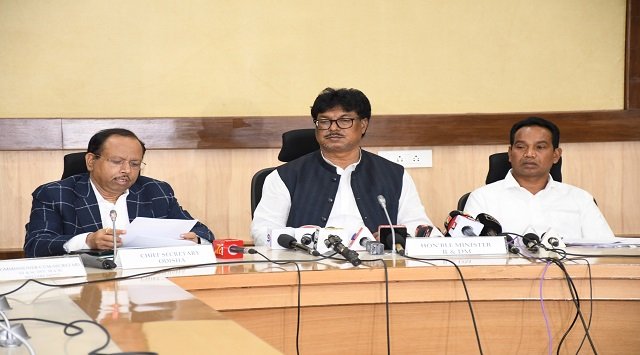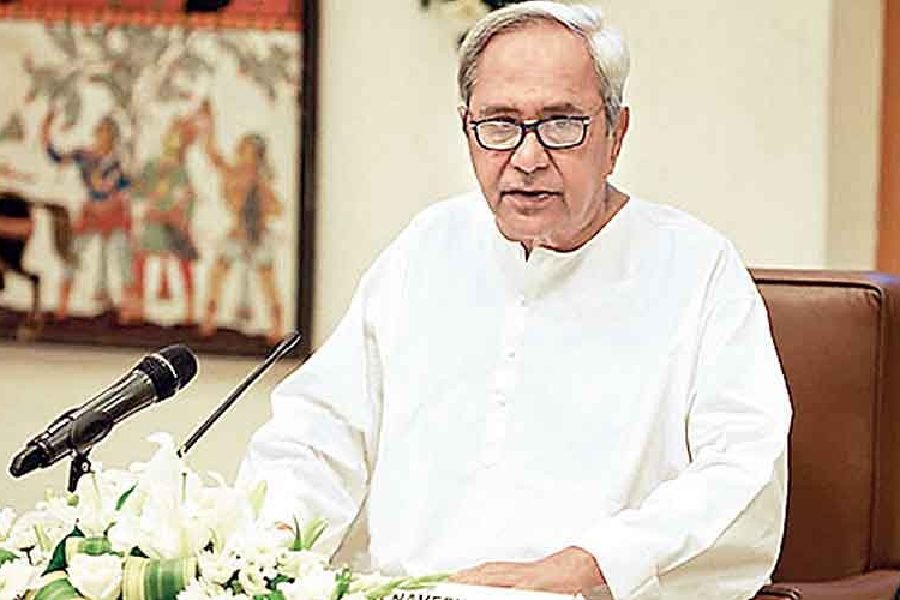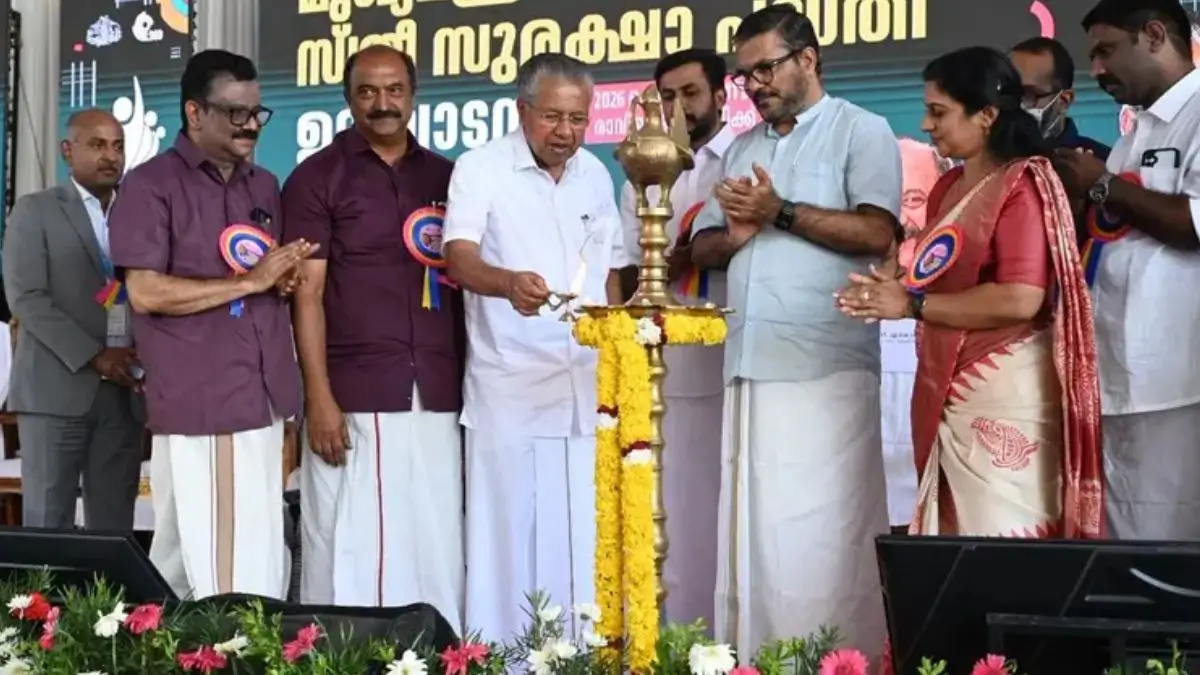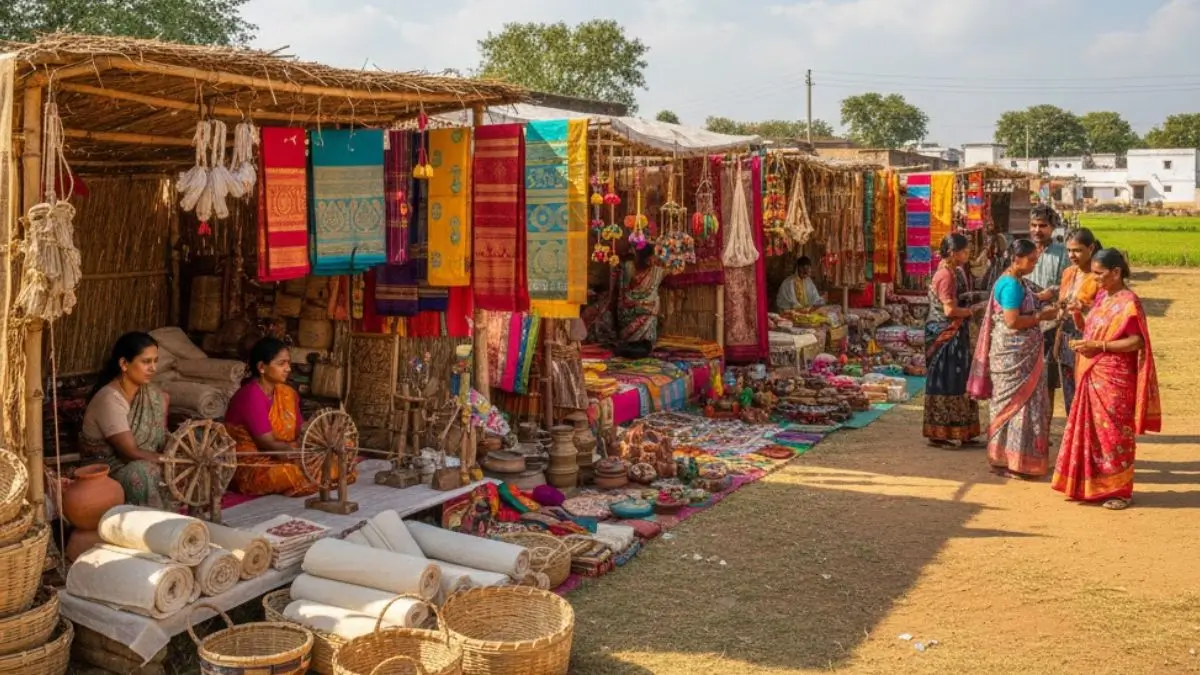Odisha Launches “Labha”: A 100% State-Funded MSP Scheme for Tribal Empowerment
In a significant move towards tribal empowerment, the state of Odisha has recently launched “Labha,” a pioneering Minimum Support Price (MSP) scheme entirely funded by the state government. This initiative aims to uplift tribal communities by ensuring fair remuneration for their produce, thereby fostering economic growth and reducing the existing disparities. The scheme covers a diverse range of agricultural products cultivated by tribal farmers, including forest produce.
The Labha scheme represents a paradigm shift in the approach towards tribal welfare. By introducing a 100% state-funded MSP, the government of Odisha is not only addressing the economic challenges faced by tribal communities but is also acknowledging the crucial role they play in preserving biodiversity and sustainable agriculture.
One of the key highlights of Labha is its inclusivity, encompassing various agricultural products. From traditional crops to forest produce, the scheme recognizes and supports the diverse agricultural practices of tribal communities. This inclusivity is essential in ensuring a comprehensive upliftment of the tribal economy.
Labha is expected to act as a catalyst for the rural economy, especially in tribal-dominated regions. By providing a guaranteed MSP for their produce, tribal farmers will experience increased financial stability, encouraging further investment in agriculture and allied activities. This, in turn, will contribute to overall rural development.

Why this News is Important
The launch of Labha is of paramount importance as it signifies a dedicated effort towards the empowerment of tribal communities. By ensuring a fair MSP for their produce, the government is not only addressing economic disparities but is also promoting sustainable agricultural practices among tribal farmers.
Labha is crucial for strengthening the backbone of the rural economy, especially in tribal areas. This initiative recognizes the significance of tribal farmers in preserving agro-biodiversity and aligns with broader goals of promoting inclusive growth in rural regions.
Write Historical Context
The Labha scheme builds on the historical context of tribal welfare initiatives in Odisha. Over the years, the state has implemented various policies and programs aimed at uplifting tribal communities. Labha represents a progressive step forward, acknowledging the historical challenges faced by tribal farmers and addressing them through a unique, state-funded MSP scheme.
5 Key Takeaways from “Labha” – Odisha’s State-Funded MSP Scheme
| Serial Number | Key Takeaway |
|---|---|
| 1 | Comprehensive support for various agricultural products |
| 2 | 100% state funding ensures financial stability for tribal farmers |
| 3 | Inclusivity in recognizing and valuing traditional farming practices |
| 4 | Labha acts as a catalyst for rural development in tribal regions |
| 5 | A progressive step in the historical context of tribal welfare initiatives |
Important FAQs for Students from this News
Q1: What is Labha, and how does it differ from conventional MSP schemes?
A1: Labha is a 100% state-funded MSP scheme in Odisha aimed at empowering tribal communities. Unlike conventional MSP schemes, Labha is unique in its approach, ensuring fair remuneration for a diverse range of agricultural products cultivated by tribal farmers.
Q2: How does Labha contribute to rural development in tribal areas?
A2: Labha acts as a catalyst for rural development by providing a guaranteed MSP for tribal produce. This financial stability encourages further investment in agriculture, thereby boosting the overall rural economy in tribal-dominated regions.
Q3: Why is inclusivity a significant aspect of the Labha scheme?
A3: Inclusivity in Labha is crucial as it recognizes and supports various agricultural practices of tribal communities. This ensures a comprehensive upliftment of the tribal economy by covering traditional crops to forest produce.
Q4: What historical context is associated with Labha, and how does it build on previous initiatives?
A4: Labha builds on the historical context of tribal welfare initiatives in Odisha. It represents a progressive step forward by addressing the historical challenges faced by tribal farmers through a state-funded MSP scheme.
Q5: How does Labha contribute to sustainable agricultural practices among tribal farmers?
A5: Labha contributes to sustainable agricultural practices by empowering tribal farmers with a fair MSP for their produce. This recognition of their role in preserving agro-biodiversity aligns with broader goals of promoting sustainable development.
Some Important Current Affairs Links

















